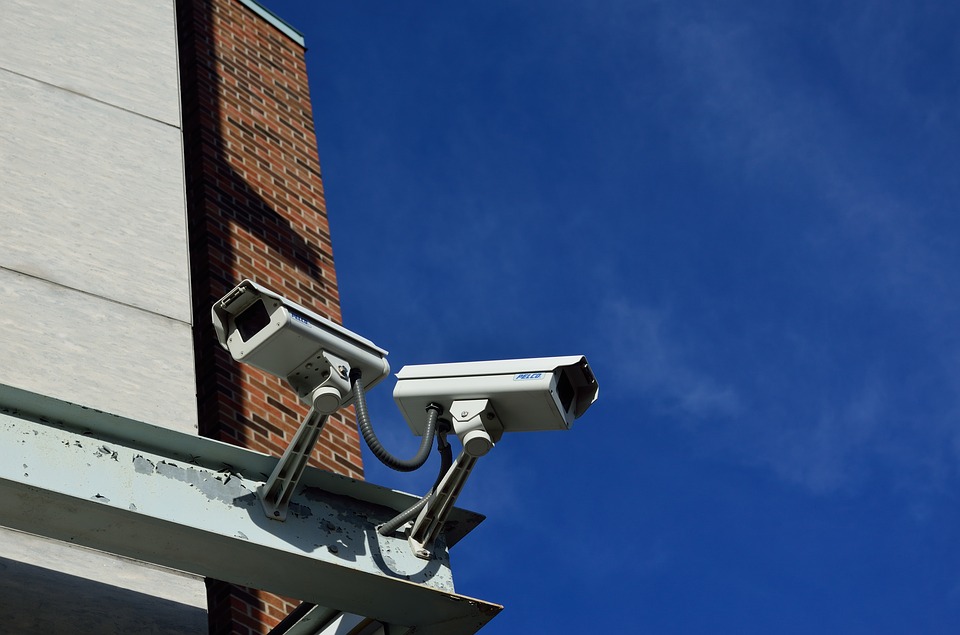A Cardiff man is, for the first time in the UK, taking a police force to the High Court over its “unlawful” use of live facial recognition technology.
A three-day hearing into South Wales Police’s use of surveillance technology begins at Cardiff High Court today (May 21).
Complainant Ed Bridges, who is a client of human rights charity Liberty, believes his face was scanned by the force at both a peaceful anti-arms protest and while doing his Christmas shopping.
In a statement, Mr Bridges said: “The police started using this technology against me and thousands of other people in my area without warning or consultation.
“It’s hard to see how the police could possibly justify such a disproportionate use of such an intrusive surveillance tool like this.
“We hope that the court will agree with us that unlawful use of facial recognition must end, and our rights must be respected.”
Mr Bridges, represented by lawyers from Matrix Chambers, argues South Wales Police’s use of the technology breaches the right to privacy, as protected under Article 8 of the Human Rights Convention as well as equality and data protection laws.
South Wales Police has used facial recognition in public spaces more than 50 times since May 2017, backed by funding from the Home Office, according to Liberty.
One thought: at the moment, a lot of criticisms of facial recognition rest on its inaccuracy (South Wales police misidentified 91% of matches, labelling 2,200 people as possible criminals). I don’t know where the police get their tech from but there’s no way that’s going to last
— Rowland Manthorpe (@rowlsmanthorpe) May 21, 2019
Thousands of people are reported to have had their faces scanned without their knowledge or consent at events including the 2017 Champions League Final, the Six Nations rugby matches and Ed Sheeran concerts.
A Freedom of Information request, published by by civil liberties campaign group Big Brother Watch last month revealed that 96 per cent of facial recognition matches misidentified innocent members of the public when the Metropolitan police deployed the same technology eight times between 2016 and 2018.
It belongs to a police state and has no place on our streets.
Megan Goulding, Laywer at Liberty
Megan Goulding, a Lawyer at Liberty, said: “Facial recognition technology snatches our biometric data without our knowledge or consent, making a mockery of our right to privacy.
“It is discriminatory and takes us another step towards being routinely monitored wherever we go, fundamentally altering our relationship with state powers and changing public spaces. It belongs to a police state and has no place on our streets.”
Liberty argues that there is no legal framework governing the use of facial recognition technology and that evidence shows it discriminates against women and people of black and minority ethnic backgrounds.
A South Wales Police spokesman said the force would not be making any comment until the conclusion of proceedings.







